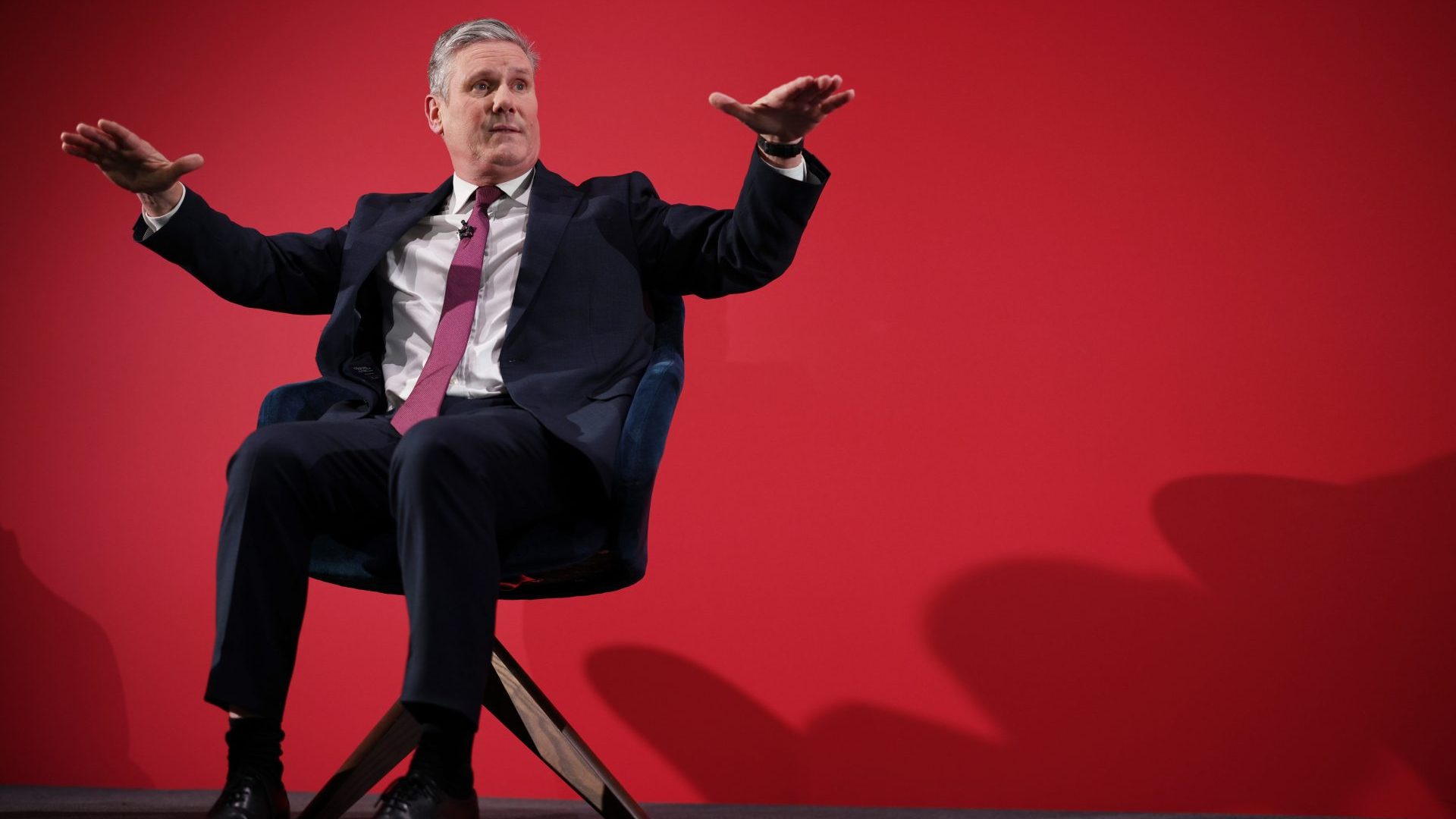Over recent years, after every defeat in a general election or referendum campaign, progressives have been expected to embark on a long period of self-flagellation and anguished introspection.
Our habit of post-election soul-searching is, however, proving to be a hard one to kick because we seem to be at it again despite a rare victory six months ago that delivered a Labour parliamentary majority of historic proportions.
Partly, of course, this is because we live in strange times that will perhaps never return to what was once thought of as normal. There are plenty of commentators ready to dismiss the success of Keir Starmer’s Labour Party last summer as not only a global outlier but also a freak result caused more by voters’ resentment towards incumbent governments than any enthusiasm for him. Indeed, the advance of far right national populists across much of Europe has been ominously followed here by Nigel Farage’s Reform clawing its way up the polls to the delight of our chaos-craving media.
But more than anything, Donald Trump’s return to the White House this week following his victory in November has triggered such a powerful wave of self-hating recrimination among American liberals that it’s now washing across the Atlantic and on to the pages of the New European.
“We are to blame,” wrote Peter Hyman, a Labour strategist who has spent much of his time recently in the US pondering how to beat populism. In these pages last week, he said: “It is our collective failure – we, the progressives, the centrists, the remainers, the political elites. It’s look-in-the-mirror time. Cold water to the face time. Enter the I’m a Celebrity… jungle and eat a kangaroo’s penis time.”
Well, maybe we should just shut our eyes and chew. Hyman deserves to be taken seriously not least because, having worked for both Tony Blair back in the day and then Starmer until last year, he knows more than most people about how to win elections. He is surely correct to argue that the tendency of some well-heeled progressives to talk down to working-class voters in what he describes as a “patronising” or “censorious” fashion is as hard to swallow as any “bush tucker” from Australia.
Even so, there are also limits to the wearisome decade-old analysis that claims just about anything bad happening anywhere is somehow the fault of an “out-of-touch”, “woke” and “liberal metropolitan elite”.
Let’s begin with the danger of over-interpreting the views of a very volatile electorate. For instance, when the Tories won their landslide in 2019, we were told by everyone from the BBC downwards that this was a historic electoral realignment around white working-class voters who loved Brexit and adored Boris Johnson so much that he would be able to enjoy at least two terms in Downing Street. And that didn’t age well. Johnson left office in disgrace less than three years later, just as the proportion of voters telling polls that leaving the EU was a mistake rose above 60%.
Although Labour’s refusal since then to countenance rejoining the single market, a customs union or even a plan to offer under-30s free movement between Britain and the EU may have helped win back the “red wall” at the last election, this probably had more to do with those who had previously backed the Conservatives staying at home or voting for Reform.
In the meantime, the government has saddled itself with an EU policy that is not only unpopular but continues to grind against its primary mission of achieving faster economic growth. Those feeling acutely anxious about the latest poll ratings may now press Labour to cede further territory to the populist right which might mean adopting a tougher policy on how the UK manages migration or a weaker one on investment in clean energy. Neither of them will help bring about higher growth.
Moreover, if the last Labour government can be criticised over how it took for granted the support of its traditional base in the old industrial heartlands, this one risks doing the same with its new core among all “the progressives, the centrists, the remainers” who probably make up a bigger proportion of the party’s support.
The government is showing proper respect towards working people by raising the minimum wage and introducing new employment rights. But that does not need to be accompanied by appearing to scorn, sometimes with a degree of unnecessary relish, those liberal-minded graduate types who have been loyally voting Labour for decades.
The party’s success at the last election was built on a relatively narrow share of the electorate and some very precise targeting that has left it with painfully thin majorities not only in constituencies like Middlesbrough South but also in Chelsea & Fulham.
At a time when Labour is already fighting against the far right on one flank, it can surely ill-afford to widen another on the left where the Greens, the SNP and now the Liberal Democrats will be predictably opportunistic.
Sooner rather than later, the government will need to win some hard arguments ranging from Europe and immigration to green energy and sentencing reform. I doubt that insulting working-class voters – either by treating them as a homogenous mass with identical views on every issue, or impervious to reasoned debate and facts – will do anyone much good. Instead of pushing Starmer to do a bad impersonation of Trumpian populism by suggesting he’s the man who can “drain the swamp”, this is surely the time to defend progressive values and use the institutions on which they depend to deliver the change that Labour promised.
Above all, we should have a little more confidence in the prime minister’s capacity to represent the 80% of the country which isn’t screaming abuse about “rape genocide” on Twitter before they’ve had their breakfast.
If Labour supporters don’t want to go back to the days of analysing another election defeat, they should recognise that Starmer is at his best exploring the trade-offs, the ambiguity and nuances of real life.
It is, after all, where most real voters spend most of their time.



